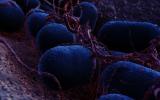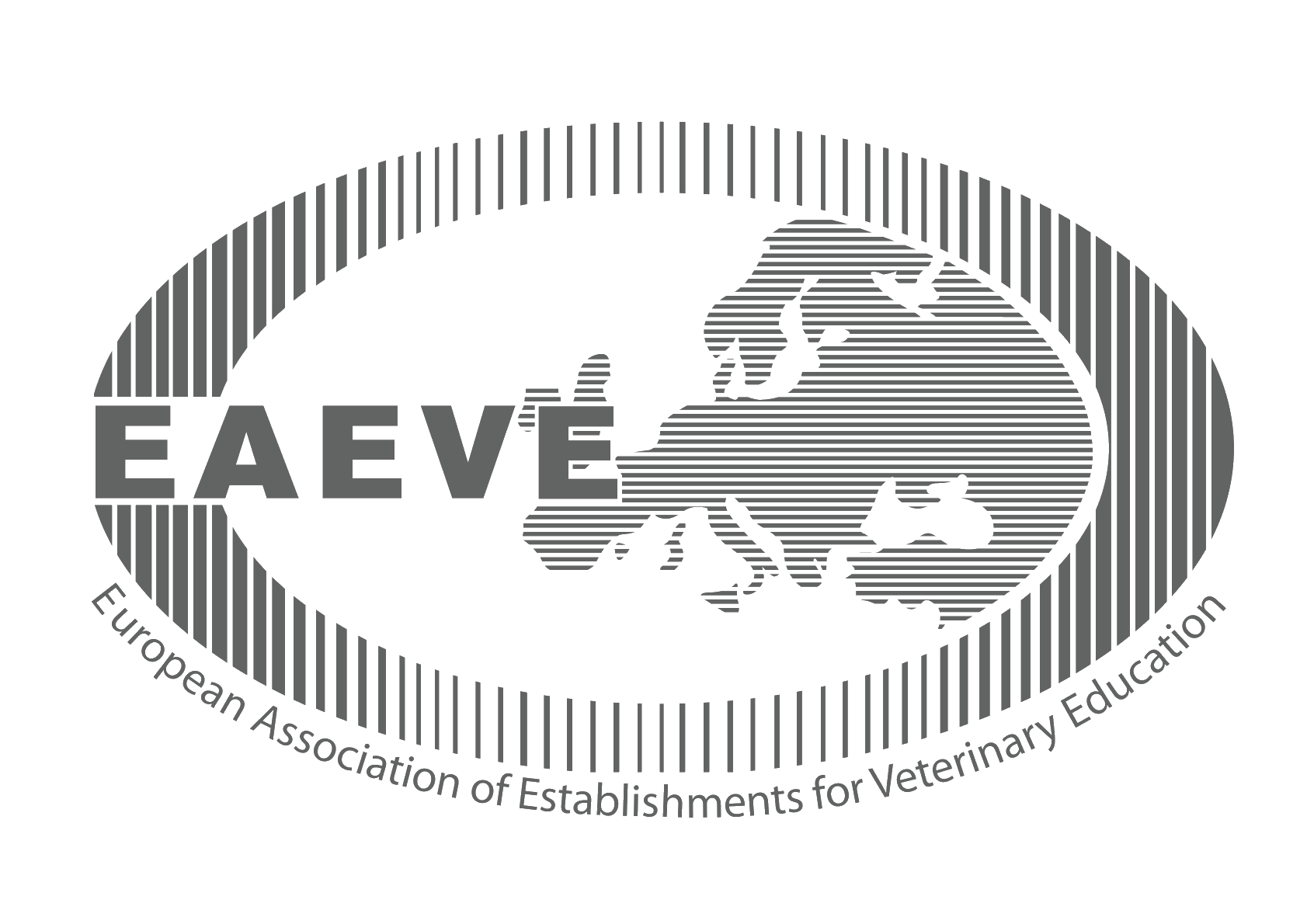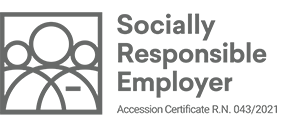The Maribor unit of the National Veterinary Institute (NVI) performs professional, operational and development activities in the field of animal disease diagnostics and the healthcare of domestic animals and bees, as well as operational and diagnostic activities in the field of food hygiene.
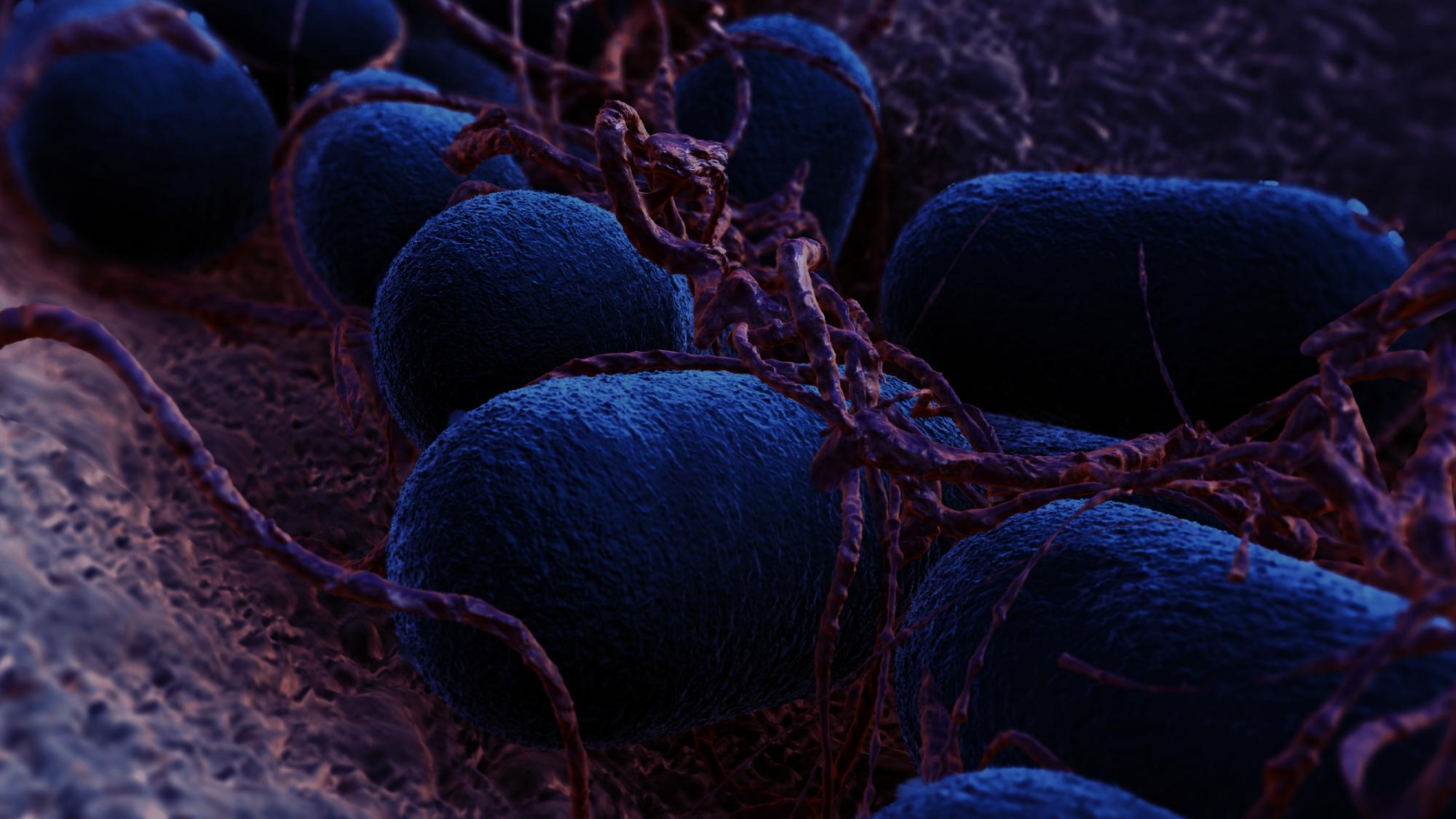
NVI Maribor
Services

Microbiological testing of food
The following are detected in food samples (meat and meat products, milk and milk products, eggs, honey, etc):
- the presence of Salmonella spp. (ISO 6579 and MDS method)
- the presence and number of Listeria monocytogenes
- the presence and number of bacteria of thermophilic campylobacter
- the presence and number of E.coli bacteria
- the presence and number of bacteria from the Enterobacteriaceae family
- the presence and number of coagulase-positive staphylococci
- total number of microorganisms
- the presence and number of moulds and yeasts
The presence of the following inhibitory substances is detected in milk samples:
- DELVO-SP test for the detection of beta-lactam antibiotics
- Twin sensor for detecting beta-lactam antibiotics and tetracyclines
The presence of Salmonella sp. (absorbent gauzes, faeces, lining paper), Listeria monocytogenes (surface swabs) and other hygiene indicators (surface swabs - total number of microorganisms, enterobacteria…) are detected in primary production samples.
The presence of E. coli bacteria and faecal streptococci and the total number of microorganisms are determined in water samples.
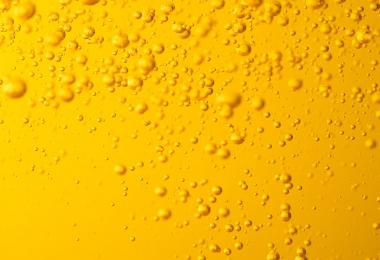
Microbiological testing of clinical material
Bacteriological and mycological examinations from the swabs of the auditory canal, wounds, skin shavings, altered hair with an antibiogram.
Examinations and bacteriological examinations of urine with an antibiogram.
Bacteriological examination of milk in cases of inflammation of the mammary gland or increased somatic cell count with an antibiogram.
Bacteriological examination of the organs upon dissection.
Laboratory examination of samples for the presence of bee diseases:
- American foulbrood (detection of P. larvae from the brood remains of the colony on the outbreak of disease, identification of P. larvae spores in honey, wax and debris)
- nosema disease
- acarine mites
- varroa
- European foulbrood
- chalkbrood
- stonebrood
- small hive beetle
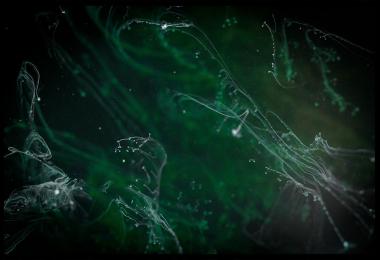
Parasitological tests
- Detection of the presence of Trichinella larvae in the muscle fibres of domestic and wild animals
- Detection of internal parasites from animal faeces
- Detection of external parasites from hair and skin shavings
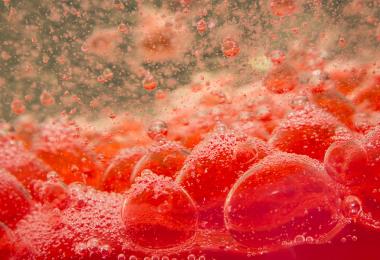
Serological tests
- Detection of classical swine fever virus antibodies (CSFV)
- Detection of antibodies against Aujeszky's disease virus – (AD)
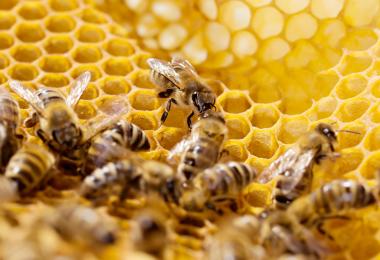
Healthcare of bees
Systematic monitoring of the health and epizootiological status of bees:
- clinical examinations of bee families
- field diagnostic tests
- sampling for laboratory testing
- issuing of medicines and professional guidance
- educating beekeepers
- preparation of a professional basis for planning and monitoring measures in the healthcare of bees
- keeping a register of beekeepers and bee families
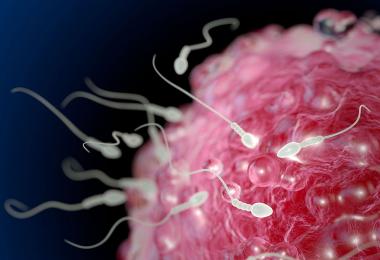
Reproduction
- Training of holders of farm animals (cattle, sheep, pigs, equidae)
- Analysis of artificial insemination
- Analysis of natural breeding stations
- Monitoring the fertility and healthcare of farm animals
Veterinary hygiene service
The unit has an organised veterinary hygiene service, where, in the area it covers, it removes dead animals and takes them to the cadaver collection and takes care of their harmless destruction. This service is of the utmost importance as removal of carcasses removes sources of potential infection from the point of view of preventing the spread of the disease to both animals and humans. It is also important from the point of view of protecting the environment because removing animal carcasses helps prevent pollution of water, soil and feed.
Contacts
Karantanska ulica 37,
2000 Maribor
Tel.: 02 25 25 008, Fax: 02 25 24 128
Sample Reception
| Monday-Thursday | 7.00-15.00 |
| Friday | 7.00-14.00 |
Karantanska ulica 37,
2000 Maribor
Tel.: 02 74 93 687
Karantanska ulica 37,
2000 Maribor
Tel.: 02 22 83 738
Karantanska ulica 37,
2000 Maribor
Tel.: 02 22 83 737

